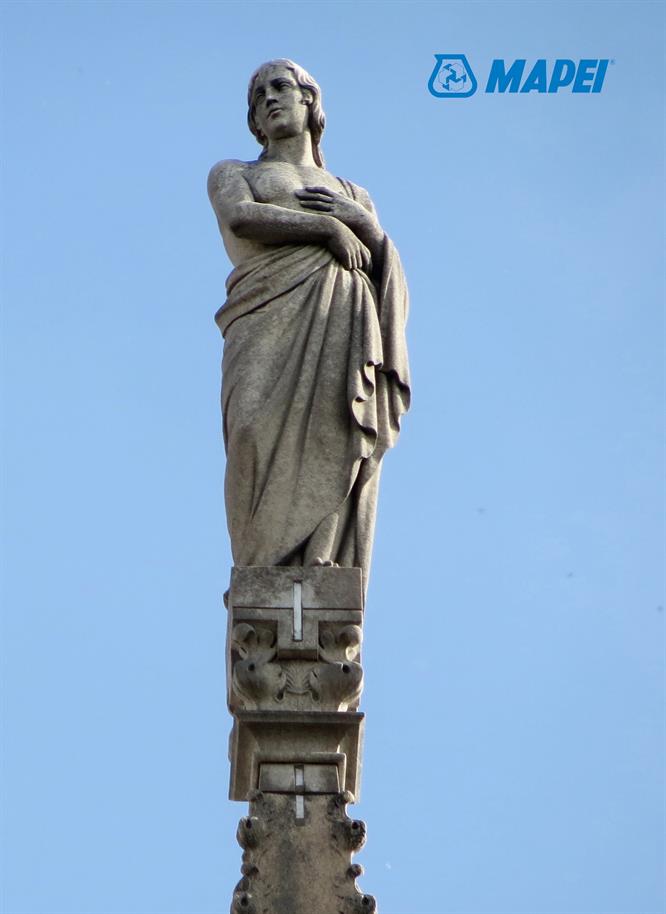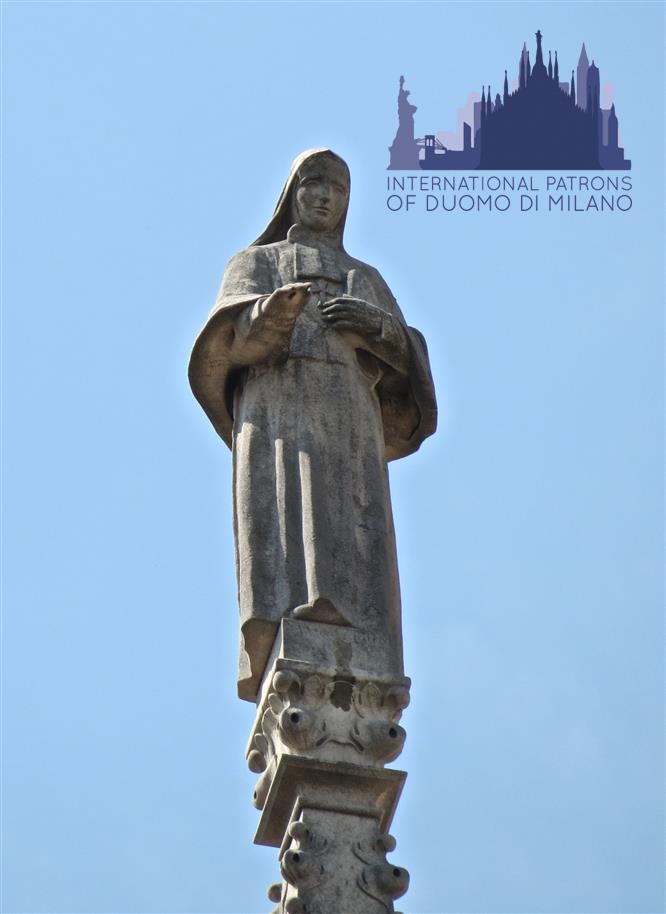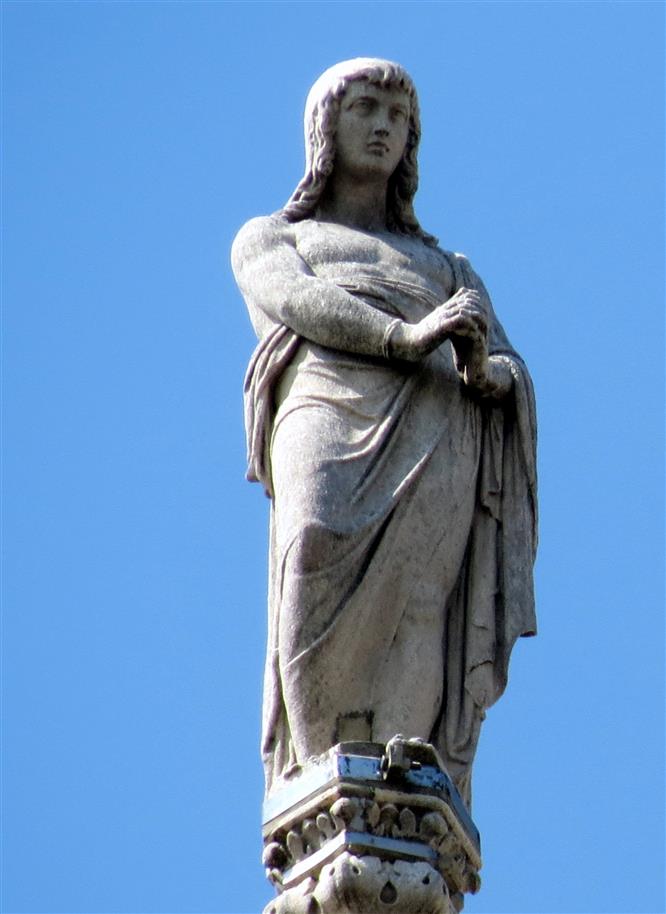Pontianus, of the ancient noble Calpurnia family, was elected pope in 230, during the rule of the meek and wise Alexander Severus, whose religious tolerance allowed the Church to reorganize itself. But it was precisely during this period of peace that the Church of Rome suffered its first disastrous schism that set the legitimately elected pontiff against an antipope, Hippolytus, restored by providential martyrdom to unity and sanctity. Hippolytus, an educated and austere priest, who was not very inclined toward indulgence and fearful that error might be hidden behind every reform, had reached the point of accusing Pope Zephyrinus and the deacon Callixtus of heresy, and when the latter was elected pope in 217, he rebelled, accepting to be invalidly elected pontiff by his followers. He continued in opposition as antipope throughout the reigns of Urban I and Pontianus. Meanwhile, the emperor Alexander Severus had been killed in Germany by his legionaries and was succeeded by Maximinus Thrax, who dusted off the old persecutory edicts against the Christians. Finding himself before a Church with two leaders, without giving it a second thought he sentenced both to hard labor in a mine on the island of Sardinia. Pontianus was the first pope ever to be banished. This was a new circumstance for the Church, which however Pontianus was able to solve with wisdom and humility: to avoid the Christians being deprived of their shepherd, he renounced his pontificate, a spontaneous act that had never occurred before. He was succeeded by the Greek Anterus, who headed the Church for all but forty days. Pontianus’ generous gesture must have moved the intransigent Hippolytus who, before his death in 235, became reconciled with the Church. According to an inscription by pope Damasus, though Hippolytus had persisted in his opposition spurred by misunderstood zeal, in the moment of truth, when “the sword wounded the vitals of our Mother (the Church)… When as a martyr of Christ he was journeying to the realms of the saints,” to the people who asked him which shepherd to follow, he indicated the legitimate pope as the only guide whom “by his confession won the crown of martyrdom.” On the other hand, recent studies point to the distinction of three different figures: one Hippolytus bishop and writer, one who was a Roman martyr and a third, author of philosophical essays, identified with the antipope, in conflict with Callixtus and Pontianus. The bodies of the two martyrs were then taken to Rome and buried with great honor: Hippolytus along the Via Tiburtina and Pontianus in the catacombs of St. Callixtus.
ST. HIPPOLYTUS
Patron Saint: Horses Symbol: Palm
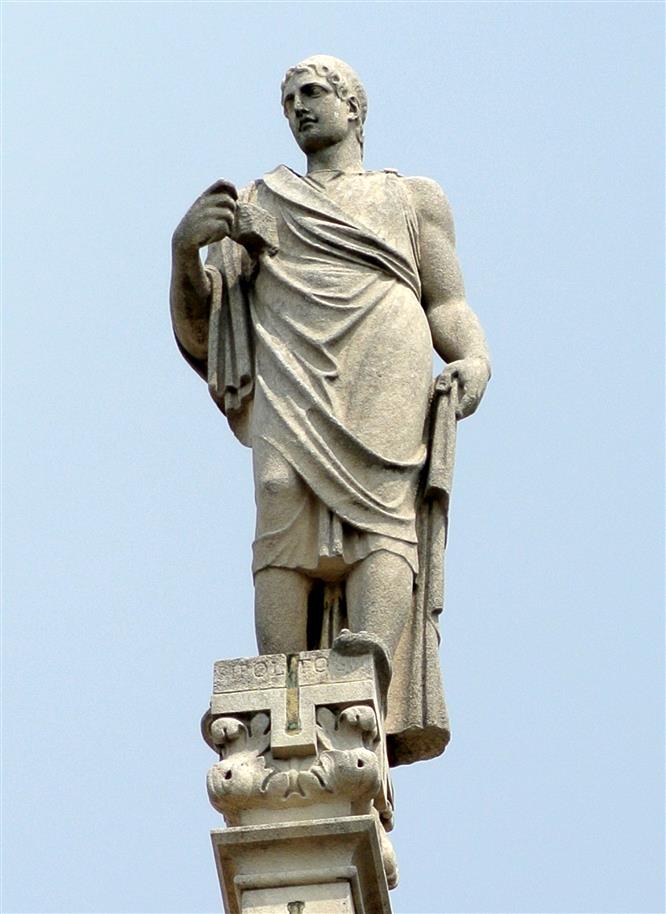
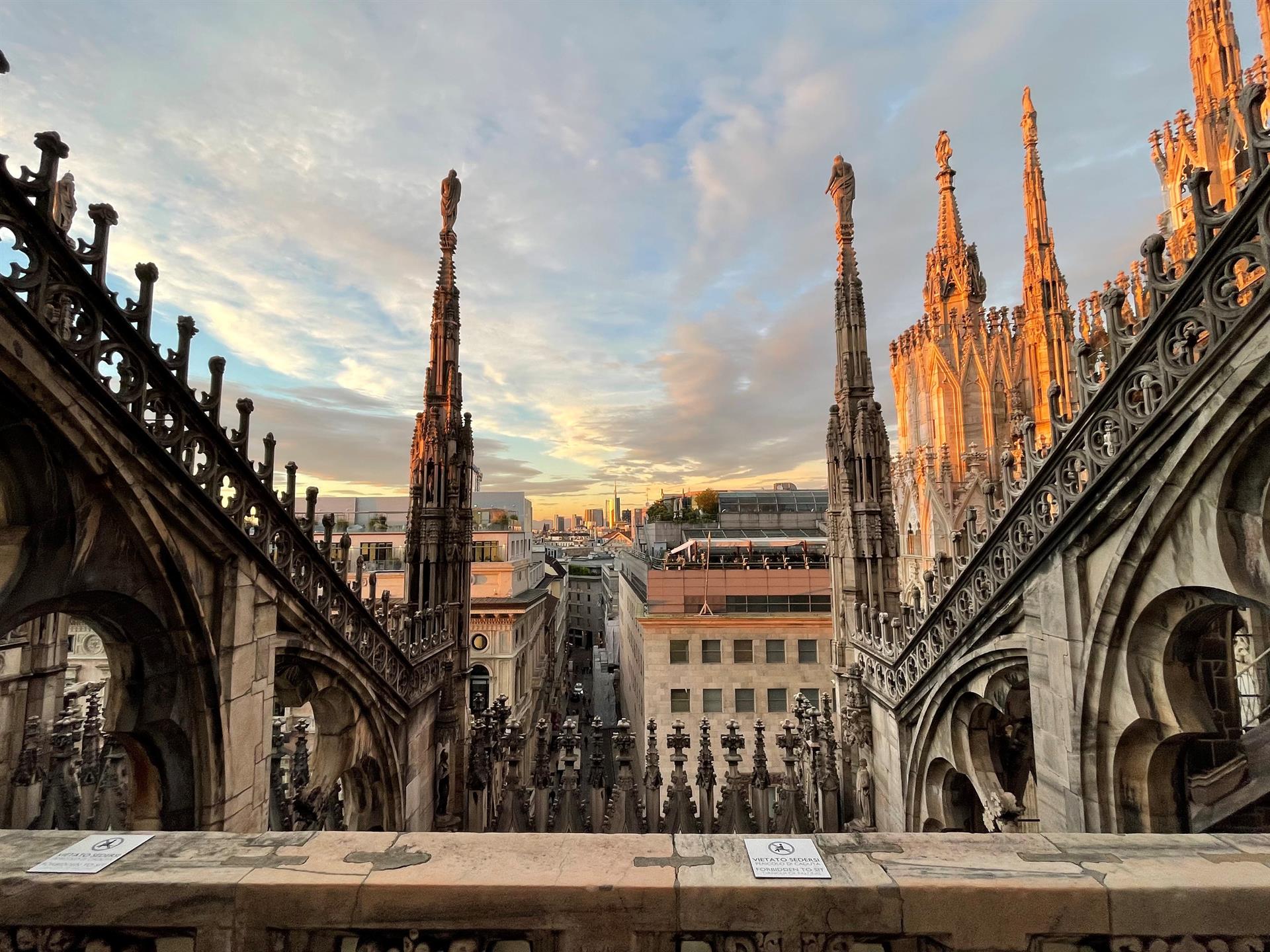
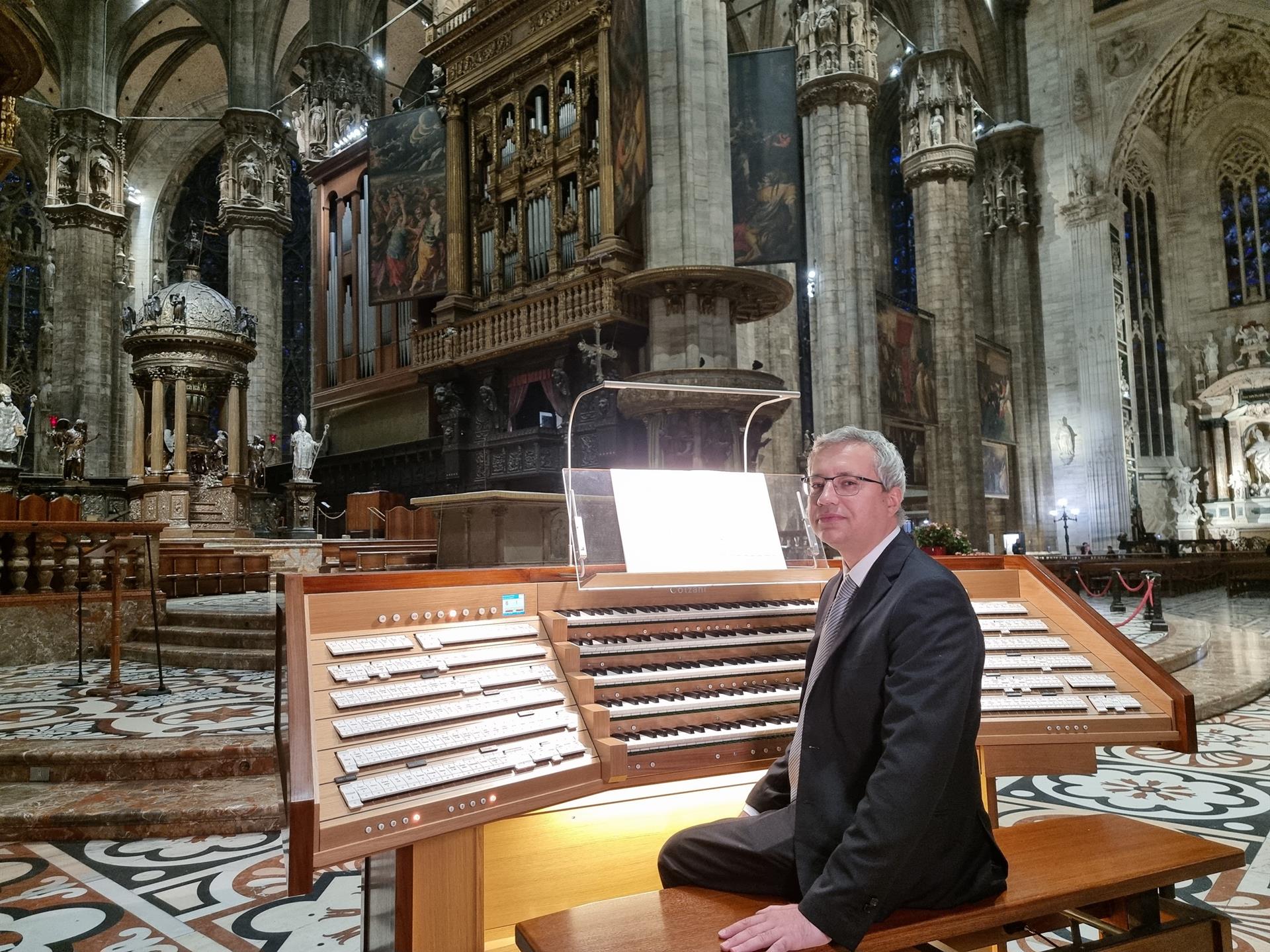
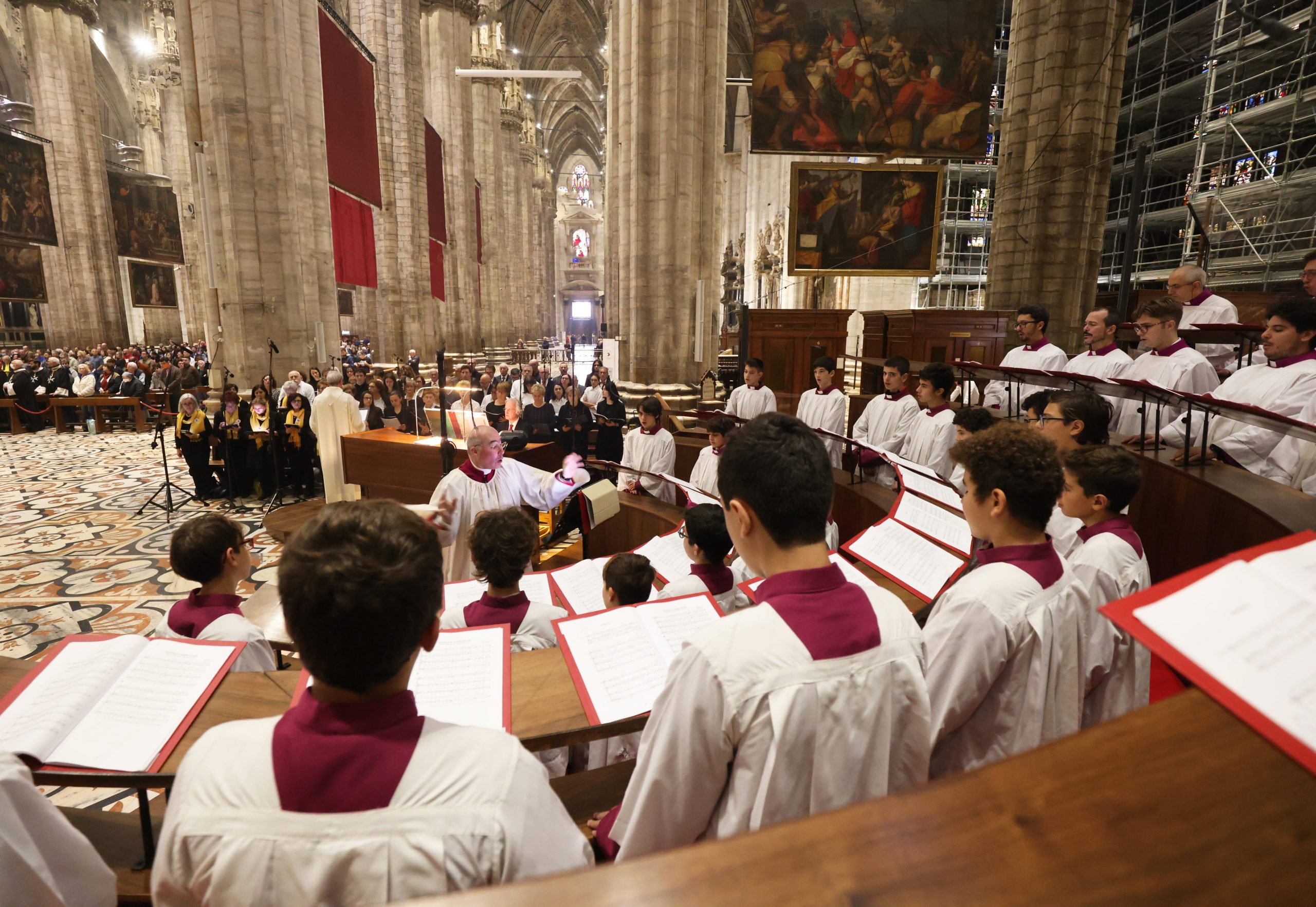
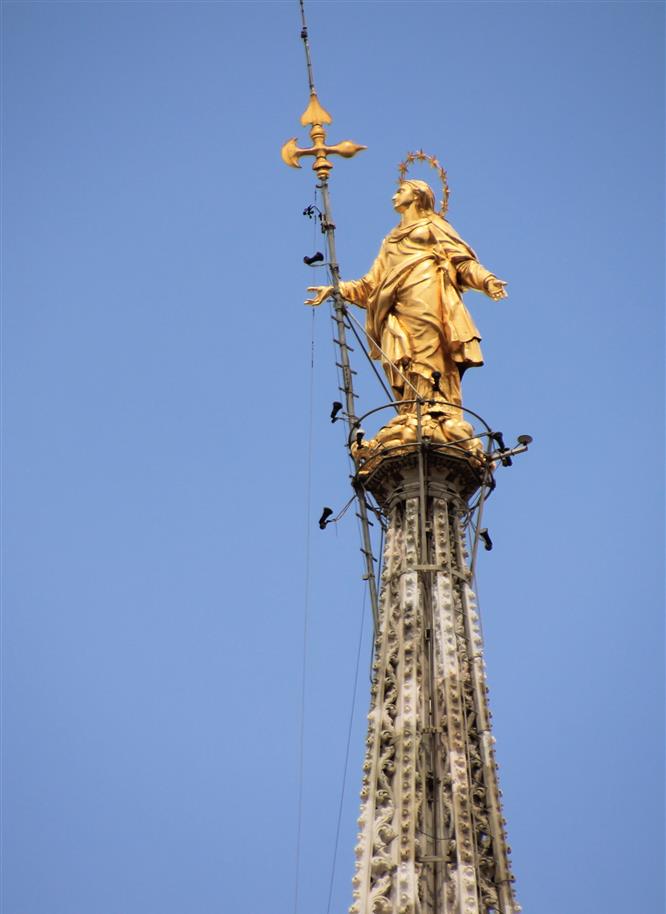
 Tiburio
Tiburio